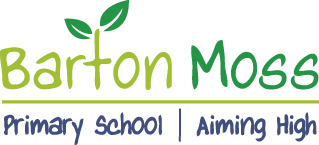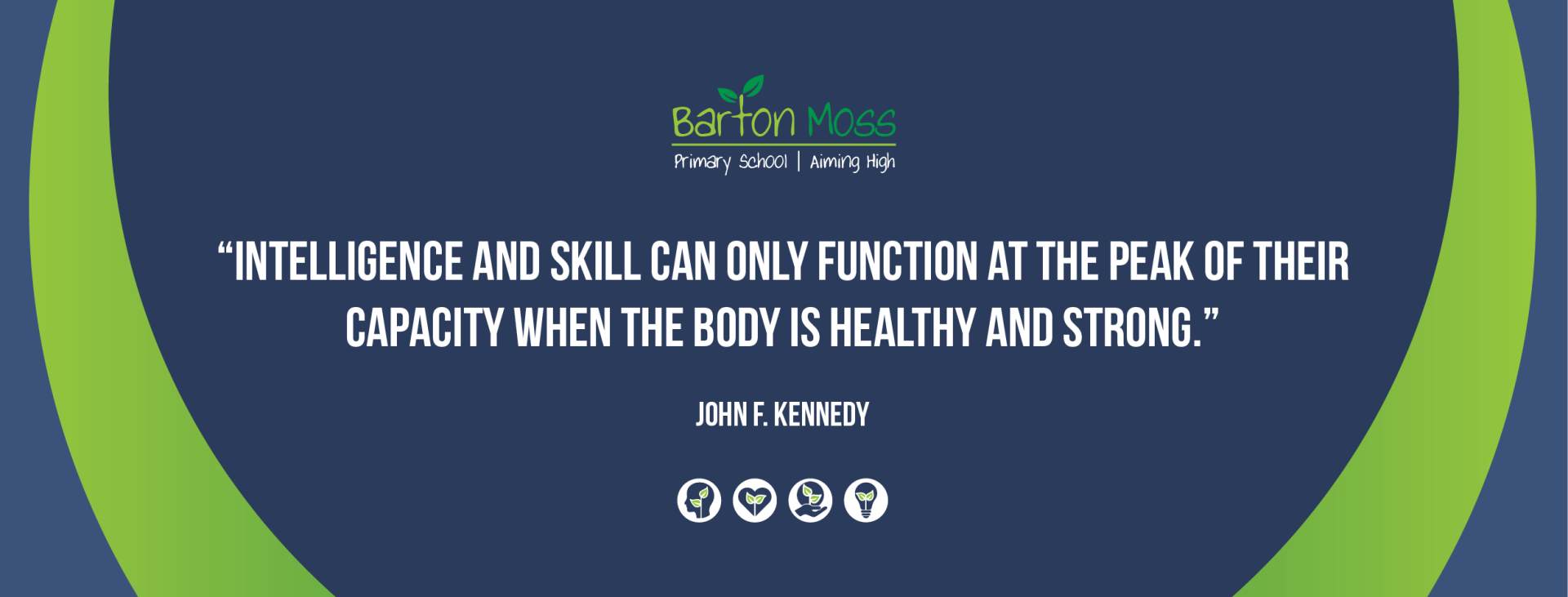We place a strong emphasis on movement from EYFS through UKS2, ensuring that physical development is a priority throughout the school day. Our curriculum encourages children to understand the importance of staying active, while cross-curricular links are made to subjects such as Science (understanding the human body and health), History (origins of the Olympic Games and lessons of strength and resilience), and Geography (studying locations of national and international sports events). This approach enhances children’s learning by helping them make meaningful connections between PE and other subjects, reinforcing the importance of knowing and remembering more.
The PE curriculum is designed to support children’s physical development across all key stages. In EYFS, children work on developing gross motor skills, strength, coordination, and teamwork. As they move into KS1, they begin to master basic movement skills, which are further refined and applied in KS2, where the focus shifts to critical self-evaluation and improving personal bests in various physical activities.
Each term, students participate in Inter-House Sports Competitions, where all classes engage in friendly competition, leading to both individual and house winners. After-school clubs offer a wide variety of activities to further challenge students' skills. Additionally, School Sport Competitions expose children to a broad range of sports, from hockey and football to gymnastics and tri-golf, making PE an exciting and varied part of their school experience.
PE lessons at Barton Moss are delivered twice a week—one by an external agency, Kickstart, and one by class teachers. Lessons are carefully planned and adapted to ensure accessibility for all students, with the support of the PE Passport online system. This system provides a comprehensive curriculum map that is reviewed and evaluated termly to maintain a consistent focus on progression in skills and objectives. The Living Streets Travel Tracker program and daily physical challenges are also incorporated to encourage activity throughout the day.
PE is linked with both core and non-core subjects whenever possible, and the school actively participates in the School Games Program, promoting extracurricular clubs, competitions, and career opportunities in sports. Health and Wellbeing sessions include physical activities that support students’ mental and physical development, contributing to a balanced and healthy lifestyle.
At Barton Moss, we strive to develop not only physically capable students but also lifelong learners with a love for health, fitness, and sports.

